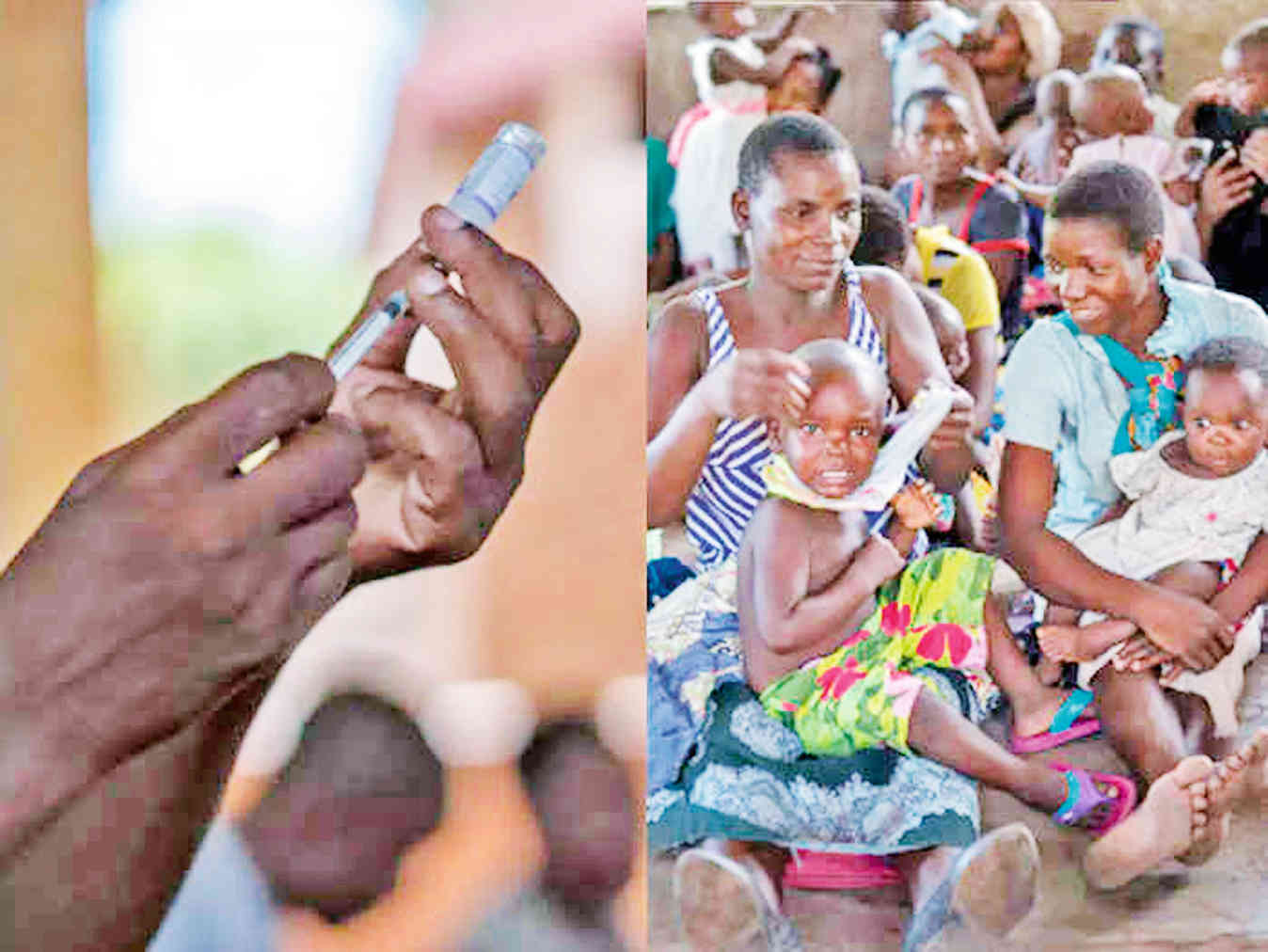
Currently the vaccine is only allowed to be used in African countries: 3 lakh trials have been done
New Delhi: Everyone is scared of Corona's name at present. There was a time when people were afraid of being called malaria. The corona vaccine was discovered, but there was no malaria vaccine yet. After 30 years of efforts, the malaria vaccine has been successfully developed. The World Health Organization (WHO) has approved the use of the world's first malaria vaccine. Hua Chief Trados Edenme called today a historic day in the fight against malaria. The vaccine will first be used on children in African countries who are most at risk from malaria.
Efforts to eradicate malaria have been going on for the last 80 years. He has been working on modern vaccine development research for almost 60 years.
Malaria is actually spread by Plasmodium falciparum parasites. It enters the body through Anopheles mosquitoes. The life cycle of this parasite is so complex that it became almost impossible to develop a vaccine to prevent it. Its life cycle begins when a female mosquito bites a man. It releases the sporozoite of Plasmodium into the blood. It grows into a sporozoite man’s liver and becomes a merozoite. It then preys on red blood cells and their numbers continue to grow. It causes fever, headache, muscle aches and often anemia. This parasite releases gamitocytes needed for reproduction into the blood. When another mosquito bites, the gametocytes go along with the blood. The challenge is that the protein on the surface of this parasite changes at every stage of life. Because of this it protects the body's immune system. The vaccine is usually made by targeting this protein, so it was not successful. The vaccine moxiquirix is effective here. It attacks the sporozoite of the parasite. The vaccine contains the same protein that the parasite felt at that stage. The immune system recognizes this protein and it builds immunity in the body. Moskivirix was created in 1980 in Belgium by Smithkline-Wright's team, which is now part of GSK. However the vaccine did not have much success. In 2004, he tried 2,000 children in Mozambique between the ages of one and four. The infection dropped 57 percent after six months. However then the data began to come in disappointing. A trial of children from seven African countries from 2009 to 2011 found no safety in the first dose. However, the first dose given at the age of 17 to 25 months reduced the risk of infection by 40% and serious infections by 30%. This research continues. In 2019, Hue launched a pilot program in Ghana, Kenya and Malawi. More than eight lakh children were vaccinated. Based on the results of this, Hue has approved the use of the vaccine. Its severity was reduced by 30 per cent after giving more than 23 lakh doses. However the vaccine is still approved for use only in African countries.
According to Hua data, in 2017, 92% of the total malaria cases in the world were in Africa. There were 4,35,000 deaths from malaria worldwide that year, down from the previous year.
Comments
Post a Comment
What you think about this NEWS please post your valuable comments on this article, we will immediately publish your comments on this page